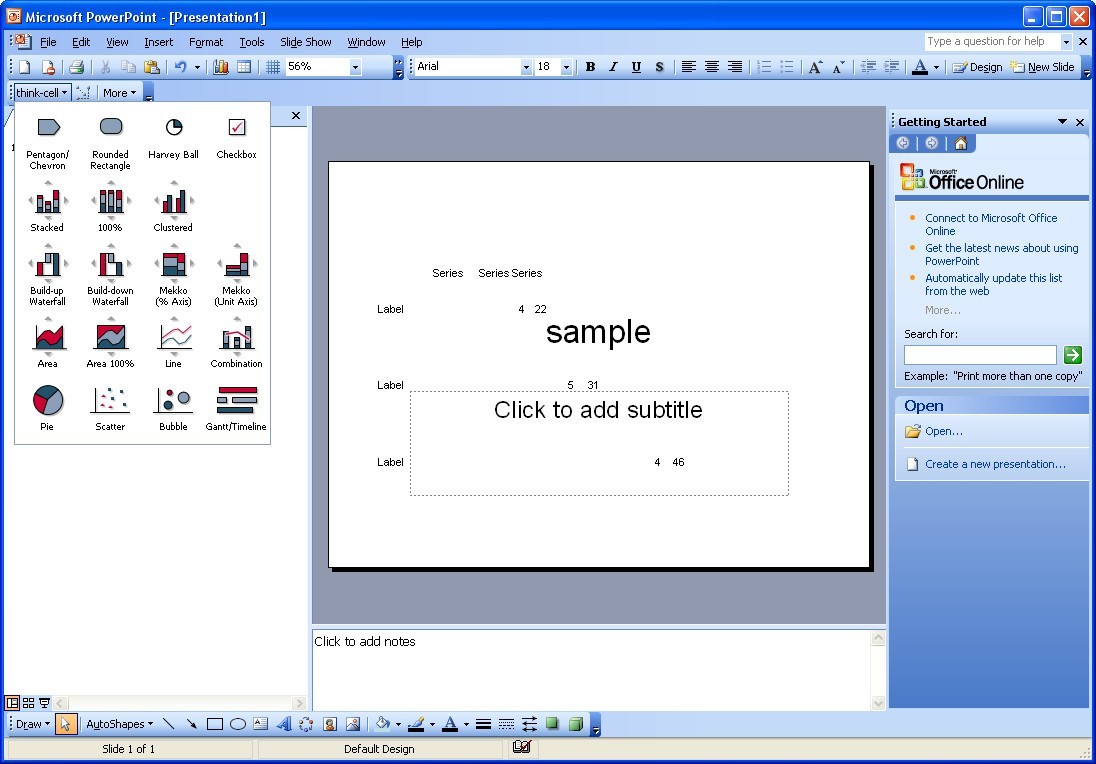

The results will be submitted to stakeholder consultation for preliminary sharing of the study and will later be disseminated through publication in open access scientific journals, scientific events and academic and community journals. The quantitative data will be analyzed through descriptive statistics and qualitative data through thematic analysis. No date limit or language restrictions will be determined. Data from white literature will be extracted from multidisciplinary health databases such as: the Virtual Health Library, LILACS, MEDLINE/PubMed, Scopus, Web of Science, Cinahl and Embase while Google Scholar will be used for gray literature. The review will be developed from the theoretical perspective of Arksey and O'malley, with updates by Levac and Peters and respective collaborators based on the Joanna Briggs Institute manual, and guided by the Preferred Reporting Items for Systematic Reviews and Meta-Analyses Extension for Scoping Reviews (PRISMA-ScR). This is a scoping review protocol which will enable a rigorous, transparent and reliable synthesis of knowledge. The objective of this study is to map and identify the uses and types of digital health interventions and their reported impacts on the quality of HBPC for older adults worldwide. There was an even greater demand with COVID-19 and subsequent isolation/social distancing measures for this risk group. The use of digital health interventions has expanded, particularly in home-based primary care (HBPC), following the increase in the older adult population and the need to respond to the higher demand of chronic conditions, weakness and loss of autonomy of this population.


 0 kommentar(er)
0 kommentar(er)
